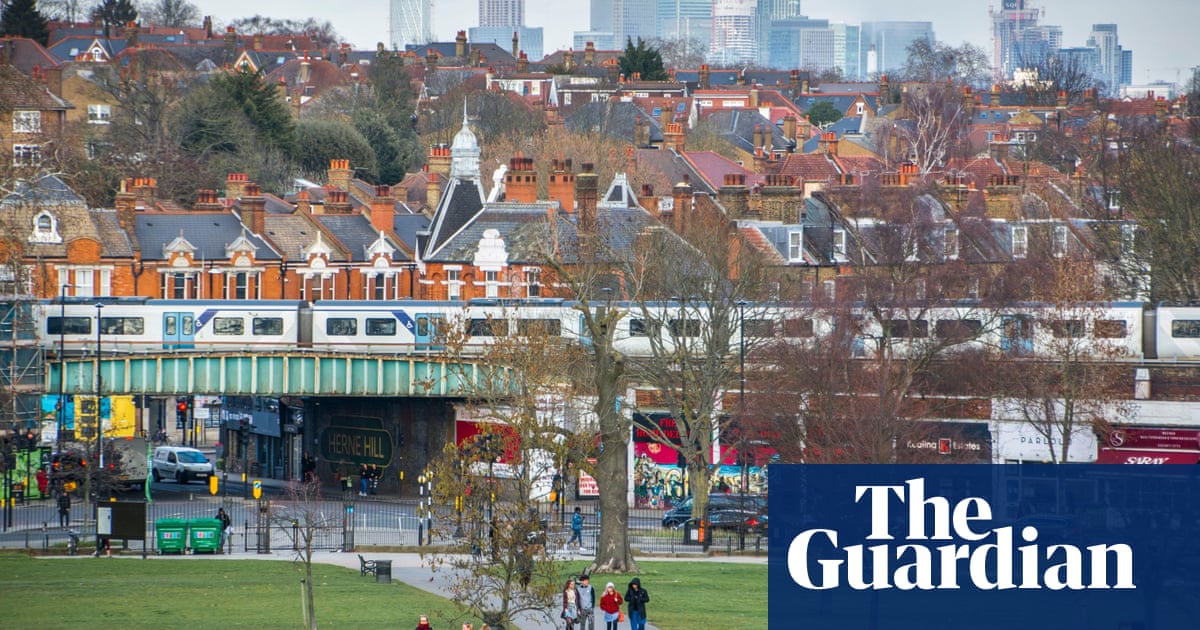Emma Warren, who is quoted in your article (What are public parks for? Inside the debate sparked by London festival row, 24 May), could not be more wrong when she says the Protect Brockwell Park campaign is about “a small number of people trying to limit a larger number of people’s access to space”. Parks are open to everyone, all year round, except during the weeks leading up to and during such festivals.
For centuries, local parks have preserved the sanity of parents with young children, allowed children to meet each other and create play with the simplest of means, and permitted elderly people a break from the loneliness of being stuck at home. Parks need preserving because they are egalitarian and provide a meeting space that helps build communities.
Very few object to short festivals that treat a park and the local community with respect. What we are seeing now is events companies preying on cash-strapped local authorities to get concert venues on the cheap, make a quick buck from large, prolonged events and move on, often leaving the park with extensive damage that takes months to repair. There is very little transparency as to what changes hands, how much money is actually made, what it is used for and how much the damage costs to fix. Years of savage local authority cutbacks have left parks with skeleton staffing, inadequate to produce the regeneration that these events necessitate. The effects can be cumulative and permanent.
The chief executive of the Association of IndependentFestivalssays the local authority is “a representation of the local community”. Well, he would say that, wouldn’t he? Not many local people feel so represented.Victor PaceForest Hill, London
The imposition of loud music on others is as unacceptable in public parks as it is from a phone on the bus or a speaker in the garden. The elementary social decency of not inflicting stressful noise on neighbours and fellow travellers is rapidly disintegrating. And public parks belong to all, not just the minority who want to attend pop concerts.Paul KeelingWelling, Kent
Have an opinion on anything you’ve read in the Guardian today? Pleaseemailus your letter and it will be considered for publication in ourletterssection.
